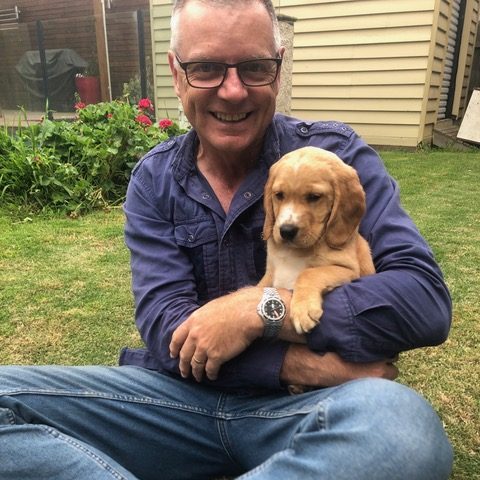One thousand and twenty-one submissions to the Covid-19 Response Enquiry, out of the two thousand and ninety, declined to permit the author’s name to be published.
That’s 49%. Overall, 49% of those people moved enough to make a submission felt disinclined to put their name to their submission.
What a sorry state of affairs. When only half the submitters are confident enough to sign their name for all to see, something is rotten in the states and territories of Australia. Why don’t people put their name to their opinions?
Fear of being cancelled? Fear of losing your job? Fear of retribution? Fear of an awkward conversation over the back fence?
More worrying is that of 26 million, give or take a daily planeload more, only 2,000 bothered to write about the catastrophe of the last 4 years.
That’s 0.008%. Or in technical mathematical language, bugger all.
Even more worrying is that when I looked through the list of non-anonymous authors in the individual submissions, I found just 13 names that I recognised, excluding me and my sister. I didn’t see any names of journalists from the major dailys or TV or cable news. Perhaps they made submissions under the protection of anonymity. Were they, too, afraid of losing their jobs? It wouldn’t surprise me. Or have they nothing to say? Where are the likes of The Australian’s Albrechtsen, Sheridan, and Credlin? The Herald Sun’s Bolt and Panahi? Where is Sky News’ Murray?
I’ve forgotten who writes for The Age.
Shuffling their feet and looking at their shoes. Perhaps they didn’t make a submission at all, because they don’t care, or think it’s all hopeless? What a cynical posture that would be – pontificate on the nightly news or talking head show about who should do what but then keep your trap shut when there’s a chance to ‘speak truth to power.’ Gutless. Or perhaps their egos are so huge that they expect the enquiry to search out their newspaper columns or their appearances on TV or their posts on X to get a feel for what they would have said had they bothered to get off their highly-paid backsides to make an actual submission.
In any case, what protection do the anonymous submitters really imagine that obfuscating their identity will afford them in the end? Surely the IP address and other digital breadcrumbs of today’s Hansels and Gretels can be traced by our boys in blue. They can find a Facebooker who plans a protest, after all, and arrest her in her pyjamas.
Identity will one day be impossible to hide. One day soon, if the Digital ID legislation comes to pass – having passed the Senate, it’s one step closer. It will be harder and harder to pretend that your anonymous submission to future, or indeed past enquiries, will in any real sense mask your name. Along with your name, your Digital ID will be able to include many other things about you, added over time as legislation evolves and practices metastasise. Facial and gait recognition, spending habits, movement and travel patterns, credit history, medical history, reading preferences, opinions, and beliefs.
The Digital ID and a Central Bank Digital Currency might combine to make freedom a thing of the past. If and when they arrest you, in your pyjamas, do you want to be known as anonymous author of submission number 1406? Or would you like a name tag on your cell in the Gulag?
The irony of a Digital ID is that while on the one hand your name will be associated with all the rest of the data about you, on the other hand the scale of the data and the inferences, tenuous or not, that are drawn from it, will entirely swamp into oblivion the one thing about you that best describes you to your parents, children, friends, lovers, rivals, admirers, heroes, colleagues, confidants: your name.
Your name is important. To renounce it or change it is momentous. To be given a new secret name by an intimate partner is sublime. Imagine a new name, known only to you, carved on a white stone, handed only to you. How precious that would be.
For now, each of has the name we have. If we don’t use it, who will?
Republished from the author’s Substack
Published under a Creative Commons Attribution 4.0 International License
For reprints, please set the canonical link back to the original Brownstone Institute Article and Author.


